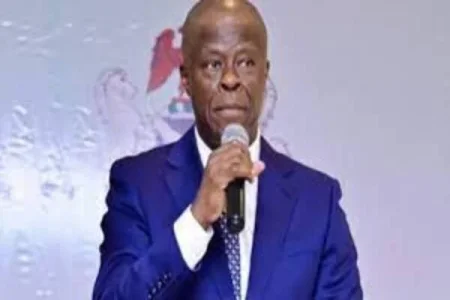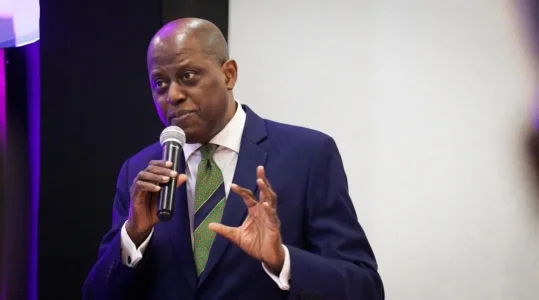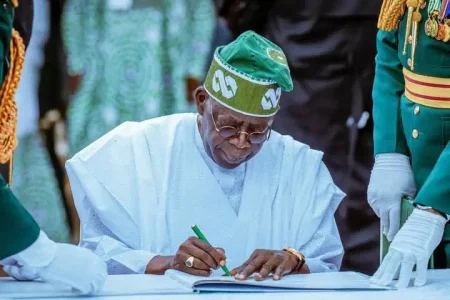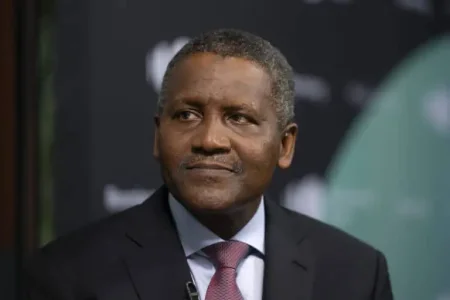
Nigeria spends $600 million monthly on fuel imports, Finance Minister Wale Edun reveals. This high cost, attributed to neighboring countries benefiting from Nigeria's fuel, led to the removal of the fuel subsidy. Edun emphasizes the lack of accurate domestic consumption data and the focus on Nigerians' welfare.
Finance and Coordinating Minister of the Economy, Wale Edun, has revealed that Nigeria is currently spending $600 million monthly on fuel imports. This high expenditure is partly due to neighboring countries, extending to Central Africa, benefiting from Nigeria's fuel imports.
During an interview on AIT’s Moneyline program, Edun explained that this significant cost influenced President Bola Tinubu’s decision to remove the fuel subsidy. He highlighted the absence of accurate data on domestic fuel consumption as a critical issue.
According to the National Bureau of Statistics, Nigeria's petrol imports averaged one billion liters monthly after the subsidy removal on May 29, 2023. Edun pointed out that the poorest 40% of the population only received 4% of the subsidy’s value, meaning the benefits were not reaching those in need.
Edun stated, “The fuel subsidy was removed on May 29, 2023, by Mr. President, and at that time, the poorest 40% was only getting 4% of the value, and basically, they were not benefiting at all. So it was going to just a few."
He added, "Another important point is that nobody knows the actual consumption of petroleum in Nigeria. We know we spend $600 million to import fuel every month, but the issue here is that all the neighboring countries are benefiting. We are buying not just for Nigeria, but for countries to the east, almost as far as Central Africa, to the north, and the west. So, as Nigerians, we have to ask ourselves how long we want to continue this."
Edun emphasized that the welfare of Nigerians remains a key priority for the current administration, particularly in ensuring food availability and affordability.




